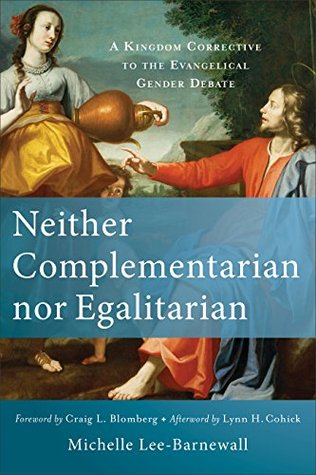More on this book
Kindle Notes & Highlights
Read between
August 24 - September 23, 2024
To see cultural influence does not necessarily mean that our current categories are not biblical. However, if our definitions consistently reflect the dominant cultural forces in their particular era, then we should seriously consider the possibility that there is still something missing from our current biblical worldview on gender.
Historians have noted that throughout American history, public thought and religious life have consistently impacted each other, and evangelicals are no exception.84 The correspondences between larger cultural trends and evangelical movements do not necessarily negate the significance of the latter since there is nothing inherently contradictory about holding a biblical belief that is also reflected in some way in the contemporary culture. However, they should at least give us pause to ask whether this influence is hindering our ability to see other ways of understanding gender.
These chapters have tried to show that cultural values have had a profound impact on the way evangelicals talk about gender. The impact of culture in setting the interpretive framework is important because the questions and concerns with which one approaches the Bible play a large role in deciding what types of answers one finds.
The church is God’s holy temple, in whom the Spirit of God resides, and the eschatological bride, to be joined with Christ at the end of the ages. Consequently, the areas that are of immediate concern in today’s discussions of gender must be seen in this greater context. These issues are often viewed as central to human life, making them especially important and explosive in traditional evangelical discourse. However, there may be larger kingdom issues that transcend and so provide the essential context for understanding these concerns.


